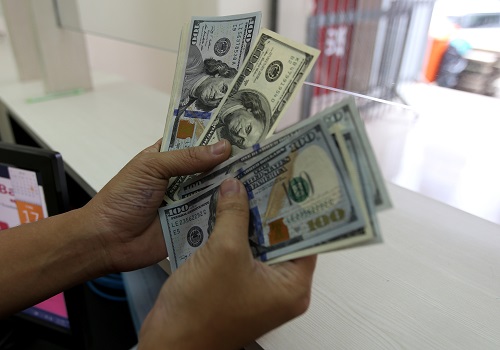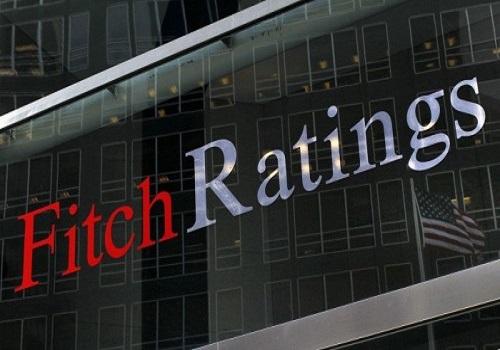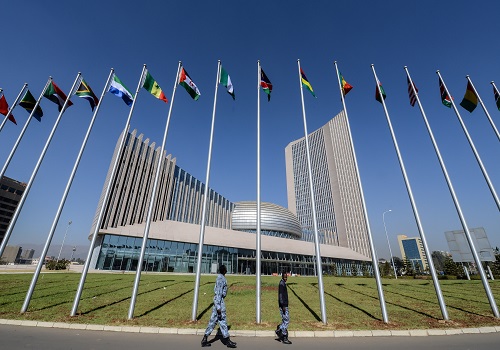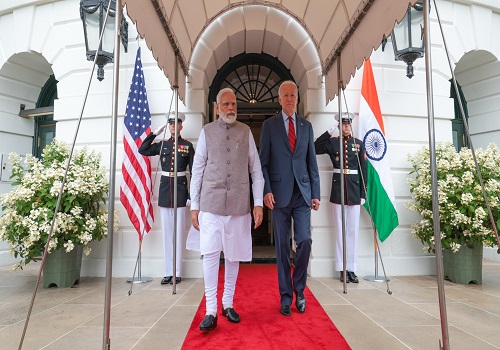'Emerging markets appear vulnerable to a souring of the world economy'

Follow us Now on Telegram ! Get daily 10 - 12 important updates on Business, Finance and Investment. Join our Telegram Channel
Emerging market economies will likely soon face strong balance of payment pressure as both domestic and foreign investors question these countries' public finances and send their money abroad, The Hill reported.
That, in turn, will likely cause many countries to come knocking at the IMF's doors for large bailout loans as they are spurned by the international capital market, Desmond Lachman, senior fellow at the American Enterprise Institute said in the opinion piece. He was formerly a deputy director in the International Monetary Fund's Policy Development and Review Department and the chief emerging market economic strategist at Salomon Smith Barney.
Still amid the pandemic, emerging market public finances appear to be particularly vulnerable to a souring of the world economic and financial market environment, the article said.
If the Fed indeed has to raise interest rates this year more than the three times that it is currently anticipating, one must expect a strong reversal of capital away from the emerging market economies as has occurred on so many previous Fed tightening cycles, Lachman said.
"The emerging market economies might also find that they will have to cope with lower international commodity prices and more difficult export markets if the Fed interest rate hikes derail the global economic recovery by bursting today's "everything" asset price and credit market bubbles," he said.
The main reason to believe that the international borrowing environment will soon sour is that the world's major central banks will have to start raising interest rates in earnest to curb inflation. This is especially the case considering that interest rates have been allowed to become so negative in inflation-adjusted terms. With consumer price inflation in the US now running at some 7 per cent and with policy rates at close to their zero bound, the Fed will need to do a lot of heavy lifting to get a handle on inflation, he added.
In a more challenging international liquidity and world economic environment, they will need very large-scale IMF financing to cover their deficits and to repay their creditors.
A key question in 2022 will be whether the IMF will be adequately financed and whether it will have learned from its past unfortunate large-scale lending programmes to Argentina and Greece to effectively play its lender of last resort role to the emerging markets, Lachman said.
"Especially now that the emerging market economies account for around half of the world economy, one has to hope that the IMF can mend its ways in a manner that reassures its main shareholders. For if ever the world will need the IMF to help manage a global emerging market debt crisis, it is likely to be in the coming global liquidity tightening cycle," he added.












 320-x-100_uti_gold.jpg" alt="Advertisement">
320-x-100_uti_gold.jpg" alt="Advertisement">












